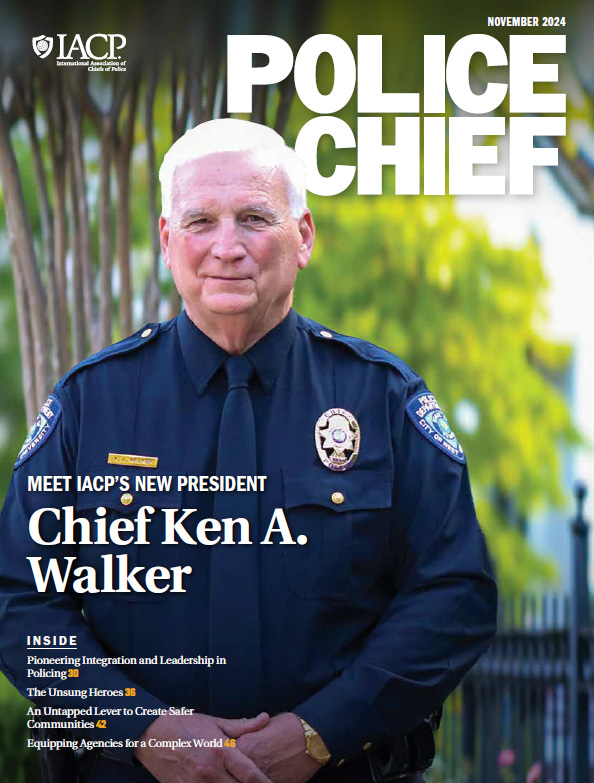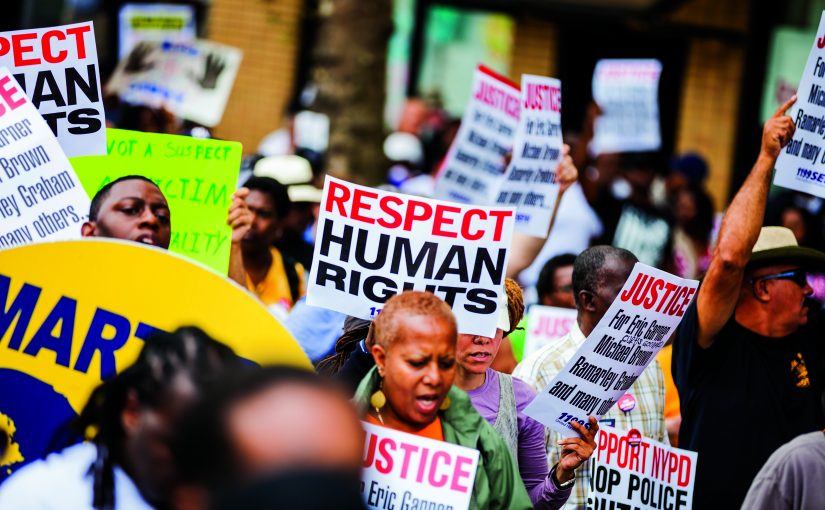
Share
Improved Outcomes in Racially Charged Police Encounters: Making the Case for Decision-Based Training
Procedural justice is a concept that touches on virtually all aspects of public policy. It speaks to the fundamental fairness of civil processes irrespective of race, color, creed, ethnicity, sex, nat...

Share
The primary challenge for every law enforcement agency can be summed up in one word: resources. The amount of money, time, and personnel needed to run and attend training poses a challenge for everyo...
Share
Lieutenant John Coppedge Denver, Colorado, Police Department • 26 years in law enforcement • Earning MA in Counseling • National instructor for IACP Leadership in Police Organizations • Lead f...
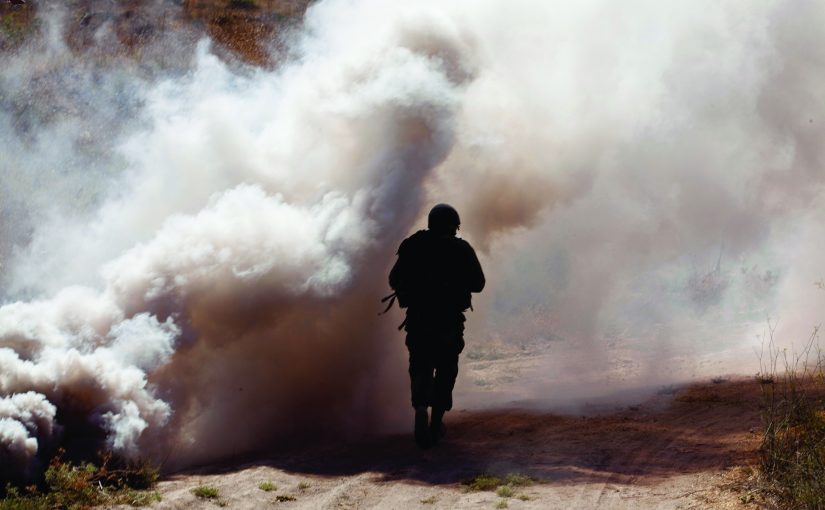
Share
On September 27, 2017, Crisis Response Unit (CRU) 222, Afghanistan’s elite antiterrorism police squad, received an urgent call from the Diplomatic Security Service (DSS) regional security off...
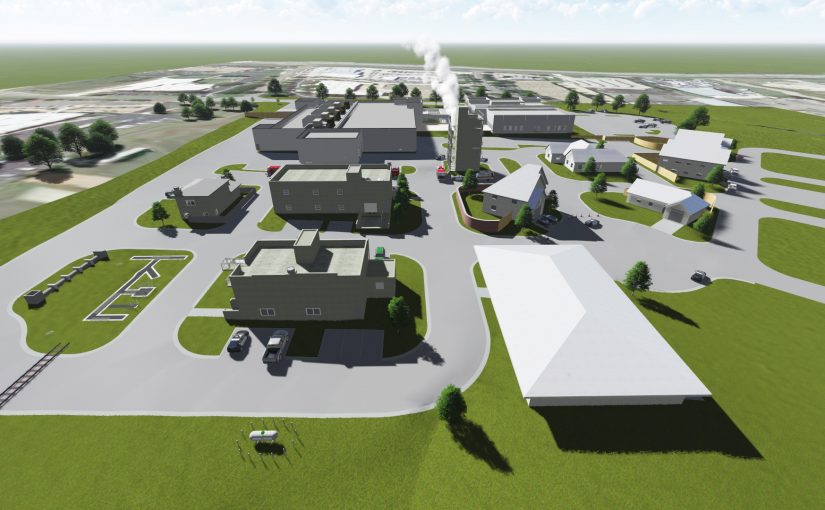
Share
The decision to develop a state-of-the-art facility to train police officers, firefighters, and EMT personnel is among the most critical that leaders in any community can make and conversations about ...
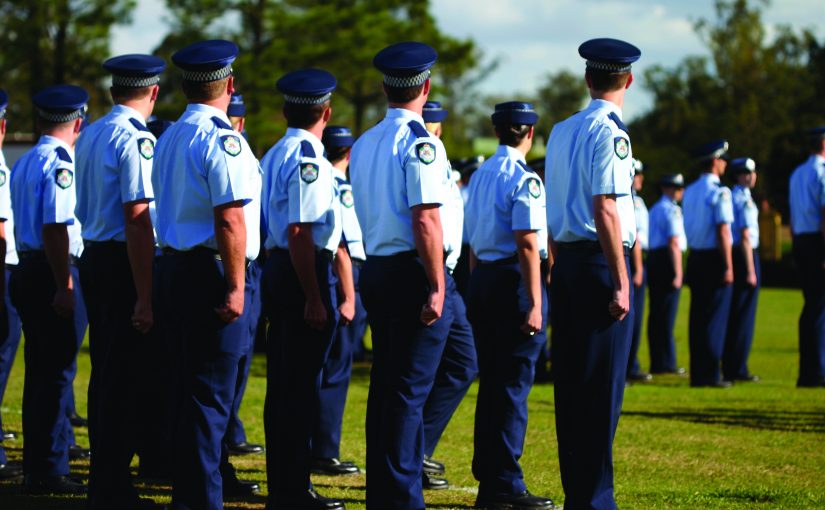
Share
Culture is the collective set of values, beliefs, and traditions of a specific group. These values and beliefs can vary greatly from other cultures within an organization (e.g., shifts, districts, fac...
Share
As leaders, we often have to take on difficult issues, including those that might be outside of our comfort zones. As you have surely noticed, the news cycle seems to be dominated by incidents of sexu...

Share
Crisis Intervention Training (CIT) is a model law enforcement mental health collaboration program that is believed to benefit patrol personnel in their encounters with individuals experiencing a psych...



